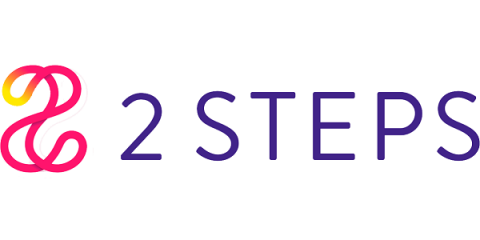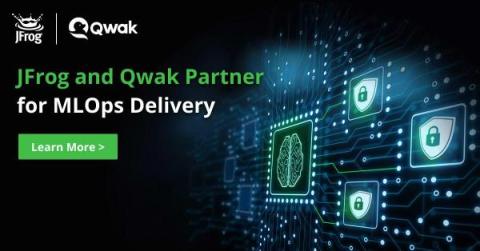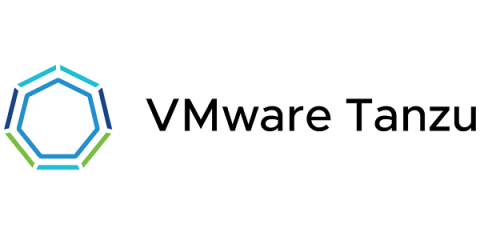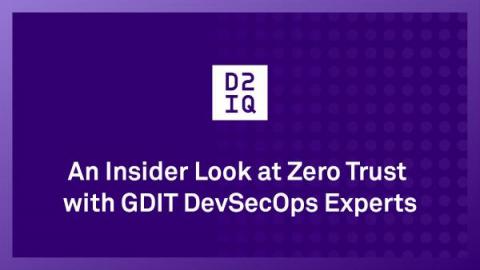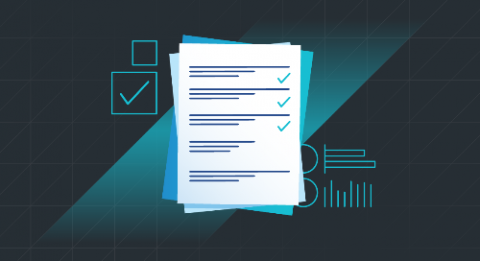Operations | Monitoring | ITSM | DevOps | Cloud
DevSecOps
AppSec Decoded: How to Implement Security in DevOps
Differences between DevSecOps and DevOps
What is DevSecOps?
Advancing MLOps with JFrog and Qwak
Modeling and Unifying DevOps Data
Government Organizations Embrace Upskilling In-House IT Staff to Meet the Latest Executive Orders
This post was co-written by Nazhin Beiramee, Jazmin Childress, Kevin Clark, and Nick Weiss. Advancement in technology, along with the ever changing political landscape (e.g., the Executive Order on Transforming Federal Customer Experience and Service Delivery to Rebuild Trust in Government, as well as billions in funding to support this mandate, and a potential administration change after the 2024 election) uncover new needs, opportunities, and demands for government organizations.
An Insider Look at Zero Trust with GDIT DevSecOps Experts
As cyber attacks have become ever more sophisticated, the means of protecting against cyber attacks have had to become more stringent. With zero trust security, the model has changed from “trust but verify” to “never trust, always verify.” Joining D2iQ VP of Product Dan Ciruli for an in-depth discussion of zero trust security was Dr. John Sahlin, VP of Cybersolutions at General Dynamics Information Technology (GDIT), and David Sperbeck, DevSecOps Capability Lead at GDIT.
SBoMs Are Growing Up: Reflections on CISA's SBoM Conference
Last month, the Cybersecurity and Infrastructure Security Agency (CISA) organized a one-day software bill of materials (SBoM)-centric conference, both amusingly and aptly entitled SBoM-a-Rama. It was a hybrid event allowing for both in-person and remote participation; I chose the latter. As a long-term security practitioner, I’ve been observing the development of this field with great enthusiasm, but always from the periphery.
The DevSecOps Toolchain: Vulnerability Scanning, Security as Code, DAST & More
DevSecOps is a philosophy that integrates security practices within the DevOps process. DevSecOps involves creating a ‘security as code’ culture with ongoing, flexible collaboration between release engineers and security teams. The main aim of DevSecOps is to make everyone accountable for security in the process of delivering high-quality, secure applications. This culture promotes shorter, more controlled iterations, making it easier to spot code defects and tackle security issues.




